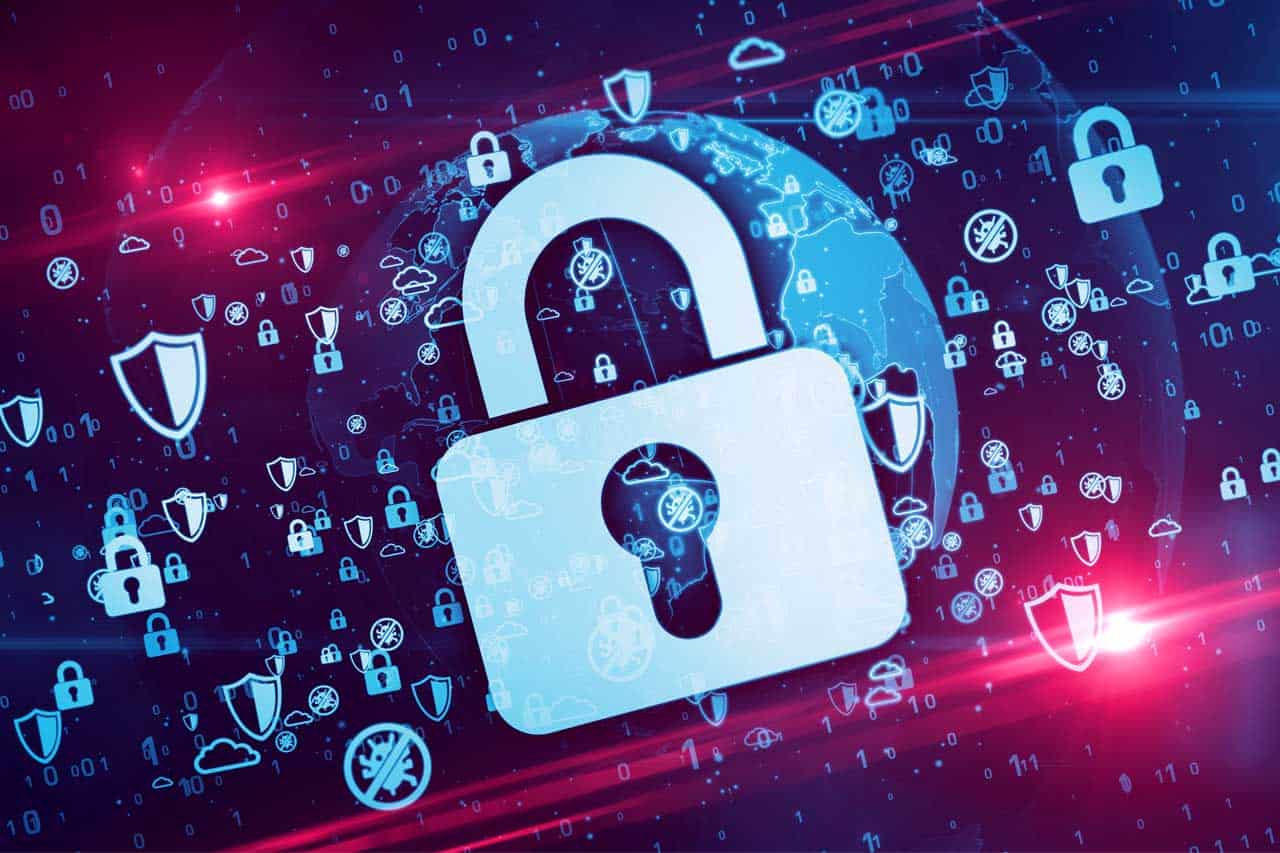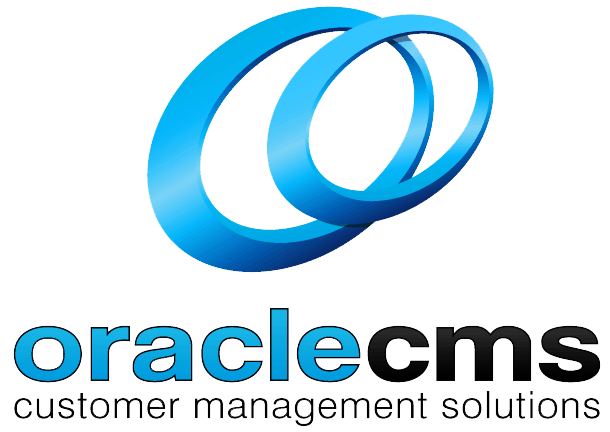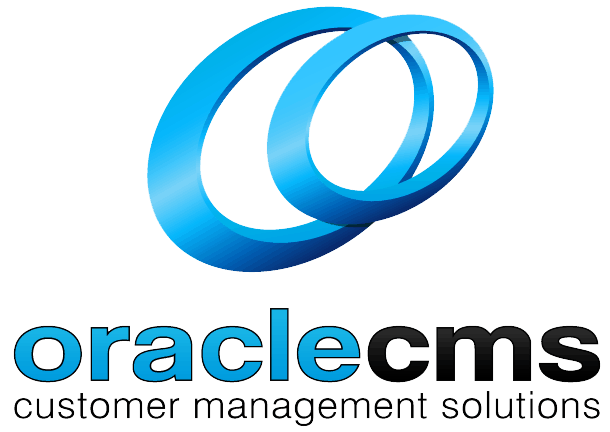
Preventing Data Breaches with Key Cybersecurity Features for Answering Services
Data breaches have become a pervasive threat across industries, and for businesses handling sensitive customer data, the stakes are high. Call answering services, often tasked with managing a wide range of customer information, are particularly vulnerable to cyberattacks. The nature of their operations—dealing with customer inquiries, storing personal information, and routing calls—makes them a prime target for hackers. A breach in a call answering service not only compromises sensitive data but can also lead to significant financial losses, legal penalties, and reputational damage. In this article, we will explore the key cybersecurity features that are essential for preventing data breaches in call answering services, ensuring customer data is protected and business operations remain secure.
Understanding the Risks
Call answering services handle a variety of sensitive customer information, from personal identification details to payment information. This data, if intercepted or misused, can lead to identity theft, fraud, or other malicious activities. The risks become even greater when businesses outsource their call answering services, as this adds a third-party layer to the handling of customer data. Common cyber threats targeting call centres include phishing attacks, where hackers attempt to gain sensitive information by impersonating legitimate entities, and social engineering tactics designed to manipulate employees into disclosing confidential data. Additionally, network vulnerabilities, such as unencrypted VoIP (Voice over Internet Protocol) communications, present risks where voice data could be intercepted during transmission.
Essential Cybersecurity Features for Call Answering Services
To safeguard sensitive information, call answering services need to implement robust cybersecurity measures that address both external and internal threats. One key feature is data encryption, which ensures that any data transmitted over the network is scrambled and unreadable to unauthorized users. Encryption should be applied to both data in transit and data at rest to ensure that it remains secure, even if intercepted. Another critical feature is multi-factor authentication (MFA), which adds an additional layer of security by requiring multiple forms of verification before granting access to systems that store sensitive information. This prevents unauthorized users from accessing customer data, even if they manage to obtain login credentials.
Another vital aspect of call answering service security is using secure VoIP systems. Given that VoIP technology is commonly used in call answering services, these systems must be equipped with encryption protocols to protect voice data from interception. Unsecured VoIP systems are an easy target for hackers, making secure communication protocols a must-have for any call centre handling customer data. Furthermore, regular security audits and compliance checks ensure that the cybersecurity infrastructure remains up-to-date and capable of withstanding emerging threats. By adhering to data protection regulations such as GDPR or HIPAA, call answering services can ensure they meet the legal requirements for data security and avoid potential penalties.
Implementing Employee Cybersecurity Training
Even with the best technology in place, human error remains one of the most common causes of data breaches. In fact, employees are often the weakest link in a company’s cybersecurity defenses, whether through unintentional mistakes or falling victim to social engineering tactics. For call answering services, where employees are constantly interacting with sensitive customer information, ongoing cybersecurity training is critical. Employees need to be well-versed in identifying phishing emails, avoiding suspicious links, and understanding the importance of keeping personal and professional credentials secure.
A well-trained workforce can also recognize and prevent phishing and social engineering attacks, which often target customer service representatives and call centre employees. Regular training sessions, including simulations of phishing attempts, can help staff become more adept at spotting red flags. By implementing these proactive measures, call answering services can significantly reduce the likelihood of breaches resulting from human error.
Technological Solutions for Enhanced Security
In addition to employee training, call answering services must invest in robust firewalls and intrusion detection systems (IDS) to protect their networks from unauthorized access. Firewalls act as the first line of defence, blocking unwanted traffic from entering the system, while IDS monitors network activity for suspicious behaviour, such as attempts to access restricted areas or download large volumes of data. These systems provide an extra layer of protection, especially against sophisticated cyberattacks that attempt to bypass traditional security measures.
Real-time monitoring and alerts further strengthen the security infrastructure by allowing IT teams to respond to potential threats as they occur. With continuous monitoring, any unusual activity is immediately flagged, enabling a swift response that can minimize damage. This proactive approach helps ensure that threats are detected before they escalate into full-scale breaches, providing peace of mind for both the call answering service and its clients.
Data Storage and Backup Solutions
Storing and managing data securely is another critical aspect of protecting customer information. Call answering services often deal with large volumes of data, from call recordings to customer profiles, which must be stored securely to prevent unauthorized access. Secure data storage solutions—preferably with encryption—ensure that sensitive information remains protected, even in the event of a physical security breach or equipment theft. Furthermore, implementing regular backup protocols guarantees that critical data can be restored quickly in case of an attack or system failure.
In the event of a cyberattack, backup solutions can mitigate the damage by ensuring that the business can quickly recover its data without significant disruption. This not only helps restore operations but also prevents loss of customer trust, which can be severely damaged if data is lost or compromised.
Measuring the ROI of Cybersecurity in Call Answering Services
For many businesses, investing in cybersecurity can seem like a significant expense, but the cost of a data breach far outweighs the investment required to prevent one. A data breach can result in hefty fines, legal action, loss of customer trust, and long-term reputational damage, all of which can cripple a business. By contrast, investing in cybersecurity measures, such as encryption, secure VoIP systems, and employee training, can significantly reduce the risk of a breach and protect the business from the financial and operational fallout of a cyberattack.
The long-term benefits of investing in cybersecurity go beyond preventing immediate threats. Maintaining strong data protection practices also enhances customer confidence, as clients are more likely to do business with companies that demonstrate a commitment to securing their information. In the competitive landscape of call answering services, offering superior data protection can be a unique selling point that differentiates one provider from another.
Key Takeaways
With the increasing complexity of cyber threats, call answering services must prioritize cybersecurity to protect sensitive customer data. Implementing key features like encryption, secure VoIP systems, and multi-factor authentication can significantly reduce the risk of data breaches. Regular employee training and continuous monitoring further strengthen security measures, ensuring that both human and technological defenses are in place. Businesses relying on call answering services should partner with providers that demonstrate a strong commitment to cybersecurity and compliance with data protection regulations, safeguarding their operations from both current and emerging threats.
FAQs
Q1: What are the most common cyber threats faced by call answering services?
A1: Call answering services are often targeted by phishing attacks, social engineering schemes, and network vulnerabilities. These can lead to unauthorized access to sensitive customer information such as personal identification details and payment information.
Q2: How does encryption help protect customer data in call answering services?
A2: Encryption scrambles customer data, making it unreadable to unauthorized users during transmission and storage. This ensures that even if hackers intercept the data, they cannot decipher it without the encryption key.
Q3: Why is multi-factor authentication (MFA) important for call answering services?
A3: Multi-factor authentication (MFA) adds an extra layer of security by requiring users to provide multiple verification steps before accessing sensitive systems. This significantly reduces the risk of unauthorized access, even if login credentials are compromised.
Q4: What role do secure VoIP systems play in call answering service security?
A4: Secure VoIP systems ensure that voice communications are protected from eavesdropping and interception. By encrypting voice data, these systems prevent hackers from accessing sensitive customer conversations during calls.
Q5: How can employee training help prevent data breaches in call answering services?
A5: Regular cybersecurity training equips employees with the skills to recognize phishing attempts, avoid falling victim to social engineering, and adhere to best practices for data security. Well-trained employees are less likely to make mistakes that could lead to a data breach.
Q6: What is the role of real-time monitoring in preventing data breaches?
A6: Real-time monitoring systems detect unusual or suspicious activity within the network, allowing IT teams to respond quickly to potential security threats. This helps prevent breaches before they cause significant harm.
Q7: How can businesses ensure that their outsourced call answering service provider is secure?
A7: Businesses should verify that their call answering service provider implements essential cybersecurity features such as encryption, multi-factor authentication, secure VoIP systems, and regular security audits. Compliance with data protection regulations, like GDPR and HIPAA, is also a critical indicator of a secure provider.
Q8: What is the potential impact of a data breach on a call answering service?
A8: A data breach can result in financial loss, legal consequences, and significant damage to a company’s reputation. It may also lead to loss of customer trust, penalties for non-compliance with data protection regulations, and a disruption of services.


